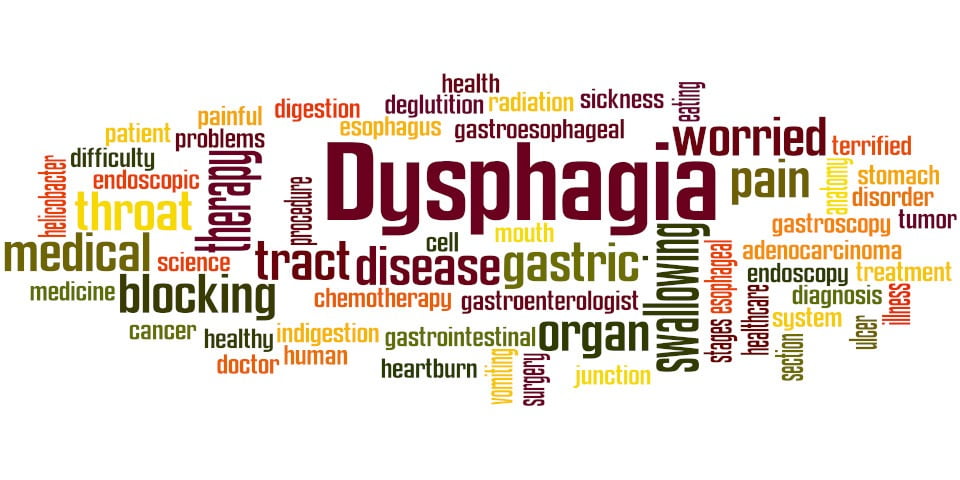Dysphagia, or swallowing impairment, is a little-recognised medical problem inflicting a significant cost on health systems, according to researchers from Flinders University, Adelaide, who have found that people in hospital who have dysphagia need to stay in hospital for longer periods than those with the same diagnosis but without dysphagia, adding up to an extra $16,000 in costs per visit.
Lead researcher Dr Stacie Attrill and Dr Sebastian Doeltgen, head of the Swallowing Neurorehabilitation Research Lab, which is part of the Centre for Neuroscience at Flinders University, say the research team’s systematic review and meta-analysis of 23 cohort studies from Europe and North America found that people with dysphagia stay in hospital, on average, for three days longer, regardless of their diagnosis, and this costs the healthcare system an average of 40 per cent more than people without impaired swallowing.
At any time, more than 100,000 Australians are living with the effects of dysphagia, as a common consequence of many well-known health conditions, such as stroke, motor neurone disease, Parkinson’s disease, and head and neck cancer, the researchers say. Dysphagia has many negative impacts on health, and can lead to choking, lung infection, malnutrition and dehydration. However, the extent and influence of this detrimental symptom are not widely recognised, or acted on.
Dr Doeltgen, whose research focus is on using neuromodulation to improve swallowing function, says the findings from the new study are an important wake-up call for health systems around the world, and action must be taken to address and reduce dysphagia-related health issues.
“This is an important opportunity to raise awareness about swallowing disorders in general, as they are a very common and costly consequence of many well-known health conditions, yet we hardly ever hear about them,” he said.
Co-author Dr Joanne Murray added: “We see this frequently in our hospitals. Patients with dysphagia tend to stay longer and recover slower than patients with the same diagnosis but without dysphagia.”
Dr Attrill agreed: “Our research highlights the need to recognise how dysphagia contributes to pressure on our healthcare systems. Hospital procedures that facilitate early identification, timely and evidence-based management of oropharyngeal dysphagia across any clinical population are likely to reduce negative health outcomes and healthcare costs that result from dysphagia.”
The research findings are now online at https://bmchealthservres.biomedcentral.com/articles/10.1186/s12913-018-3376-3










